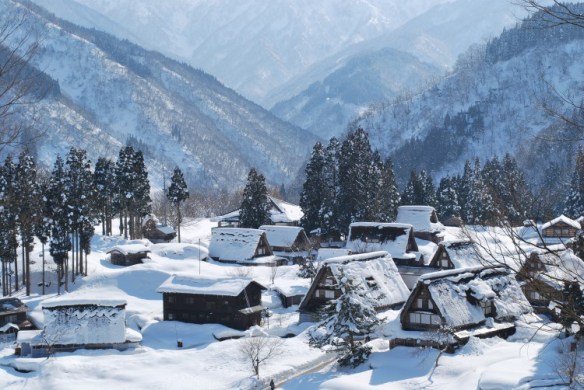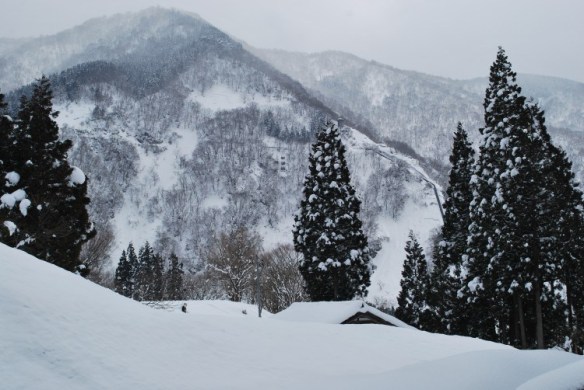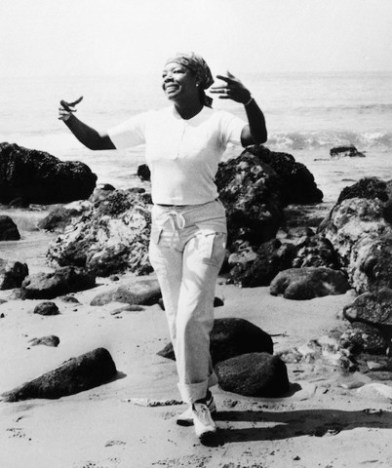Walt Whitman was against slavery but held “the widespread opinion that even free African-Americans should not vote.” He believed all religions to be equally important. He was a supporter of temperance, the movement to set limits to drinking alcohol. White, lower middle class, I think.
Walt Whitman, diary entry on Bumble-Bees.
MAY-MONTH… I am out just after sunrise, and down towards the creek.
The lights, perfumes, melodies—the blue birds, grass birds and robins, in every direction—
For undertones, a neighboring wood-pecker tapping his tree, and the distant clarion of chanticleer.
Then the fresh earth smells—the colors, the delicate drabs and thin blues of the perspective. The bright green of the grass has receiv’d an added tinge from the last two days’ mildness and moisture.
Later.— But for the last two days it has been the great wild bee, the humble-bee, or “bumble,” as the children call him. As I walk, or hobble, from the farm-house down to the creek, I traverse the before-mention’d lane, fenced by old rails, with many splits, splinters, breaks, holes, &c., … Up and down and by and between these rails, they swarm and dart and fly in countless myriads.
As I wend slowly along, I am often accompanied with a moving cloud of them. They play a leading part in my morning, midday or sunset rambles, and often dominate the landscape in a way I never before thought of—fill the long lane, not by scores or hundreds only, but by thousands.
Large and vivacious and swift, with wonderful momentum and a loud swelling perpetual hum, varied now and then by something almost like a shriek, they dart to and fro, in rapid flashes, chasing each other, …
As I write, I am seated under a big wild-cherry tree—the warm day temper’d by partial clouds and a fresh breeze, neither too heavy nor light—and here I sit long and long, envelop’d in the deep musical drone of these bees, flitting, balancing, darting to and fro about me by hundreds—big fellows with light yellow jackets, great glistening swelling bodies, stumpy heads and gauzy wings—humming their perpetual rich mellow boom.
How it all nourishes, lulls me, in the way most needed; the open air, the rye-fields, the apple orchards…
…my spirit at peace. (Yet the anniversary of the saddest loss and sorrow of my life is close at hand.)
Almost every bird I notice has a special time in the year—sometimes limited to a few days—when it sings its best; and now is the period of these russet-backs.








